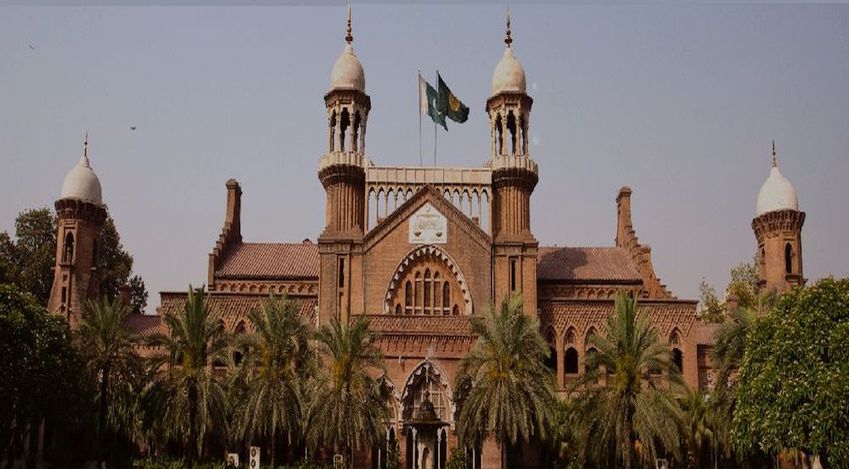The Prosecution is bound to establish an Unbroken Chain of Custody and Safe Transmission of Narcotics recovered from the Accused Person --- Lahore High Court, Lahore
Islamabad 26-10-2024: The Lahore High Court has acquitted Qamar Masih, who was previously sentenced to 14 years of rigorous imprisonment under Section 9(c) of the Control of Narcotic Substances Act, 1997, for allegedly possessing 9 kilograms of charas. The Court ruled that the prosecution failed to establish an unbroken chain of custody for the narcotics, a requirement crucial for upholding the conviction in narcotic cases.
The appeal stemmed from the conviction of Qamar Masih, who had been arrested in 2006 following a police raid that resulted in the recovery of a substantial quantity of charas from his possession. The Trial Court in Sialkot had sentenced him to 14 years of imprisonment, along with a fine of Rs. 500,000. Qamar Masih was convicted based on the prosecution’s evidence, which included the recovery of charas, testimonies of police officers, and the report of the chemical examiner.
In the appeal before the Lahore High Court, Qamar Masih’s defense counsel argued that the prosecution had failed to establish the safe custody and unbroken chain of custody of the narcotics from the point of recovery to the time it was analyzed by the chemical examiner. This lapse, according to the defense, cast serious doubt on the reliability of the evidence presented by the prosecution.
The Court observed that the prosecution could not provide any evidence to demonstrate how the narcotic substance was transmitted to the Excise and Taxation Officer or how it was subsequently delivered to the chemical examiner’s office. The absence of this evidence, the Court ruled, “impaired and vitiated” the conclusiveness of the chemical examiner’s report.
The Court cited several legal precedents, including:
- Muhammad Abbas Vs. The State (2006 YLR 2378), which stressed the importance of proving the chain of custody in narcotic cases.
- State through Regional Director ANF Vs. Imam Bakhsh (2018 SCMR 2039), which reiterated that any break in the chain of custody would render the evidence unreliable.
- Abdul Ghani and others Vs. The State (2019 SCMR 608), which further established that in cases where safe custody or safe transmission of narcotics cannot be proven, the conviction cannot be sustained.
After reviewing the prosecution’s evidence, the Lahore High Court found that the safe custody and secure transmission of the narcotics had not been proven. The Court emphasized that in narcotics cases, the recovery of the drugs itself constitutes the offense, and the prosecution must prove beyond doubt that the evidence was handled properly from the moment of recovery to its presentation in Court.
As a result, the Court ruled that the prosecution had failed to prove its case beyond a reasonable doubt. The conviction was overturned, and Qamar Masih was acquitted of all charges. The Court also ordered the release of Qamar Masih’s sureties.
This decision underscores the critical role that procedural safeguards, such as maintaining the chain of custody, play in narcotics cases. The failure of the prosecution to adhere to these standards has once again resulted in an acquittal, further highlighting the judiciary’s emphasis on strict legal compliance in criminal trials involving narcotics.
Powered by Froala Editor








